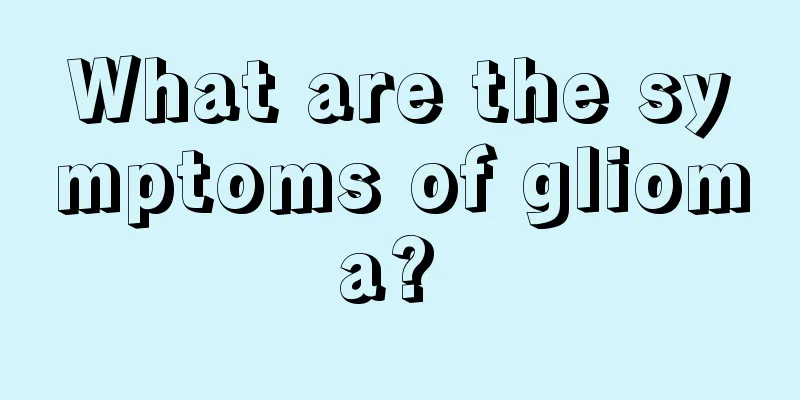What are the causes of dizziness and vertigo?

|
The symptoms of dizziness are extremely influential and can cause certain effects on people's bodies, and cause people to encounter various unexpected situations in life. For example, fainting and falling are common examples. The causes of dizziness and vertigo are very complex and difficult to interpret from a single symptom. Therefore, many people don’t know much about it. Let’s take a look at the causes of dizziness and vertigo. 1. Otogenic: The vestibular system is an important balance organ in the human brain. The vestibular nerve nuclei in the system are sensitive to hypoxia, and vertigo is often related to its involvement. Such diseases include Meniere's syndrome, vestibular neuronitis, internal auditory artery occlusion, benign positional vertigo, motion sickness, etc. 2. Brain-related: including vertebral-basilar artery insufficiency, cerebellar-pontine lesions, autonomic nervous system disorders, etc., most of which are related to age. After the age of 50, the cervical spine is prone to degenerative changes and osteophyte formation, the arteries are prone to atherosclerosis, and the blood vessel lumen gradually narrows, resulting in reduced blood flow, which in turn affects the balance function related to the brainstem and cerebellum. 3. Systemic : including hypertension, hypotension, anemia, metabolic diseases, etc. 4. Cervical origin : The causes may include cervical vertebrae degeneration, cervical muscle and soft tissue lesions, cervical tumors and skull base deformities, which may cause compression of the vertebral artery, ischemia and lead to vertigo. It can manifest in many forms, but most of the time it is clearly related to sudden head rotation, often accompanied by nausea, vomiting, ataxia, etc. 5. Ocular cause : It often occurs after using the eyes for too long or staring for a long time. The dizziness will disappear after covering the affected eye or closing your eyes to rest. It can be caused by refractive error, ophthalmoplegia, and decreased vision. 6. Drug-related: The use of drugs such as streptomycin, gentamicin, kanamycin or vancomycin, quinine, salicylic acid and phenytoin sodium will cause toxic damage to the eighth cranial nerve, often affecting the cochlear and vestibular nerves at the same time. Vertigo caused by drug poisoning is mostly gradual and persistent, generally not severe, and is often accompanied by symptoms such as balance disorders, tinnitus and hearing loss. The main factor for inner ear poisoning is individual susceptibility, and it is also related to the dosage and duration of medication. |
>>: The harm of dichloromethane to human body
Recommend
What is the effect of soft Bupleurum?
Bupleurum is a common Chinese medicinal material,...
What should you eat for early stage lung cancer? Introduction to the importance of diet for early stage lung cancer
Lung cancer is a malignant lung disease that pose...
What are the symptoms of chronic enteritis?
Many people initially suffer from acute enteritis...
Skin care steps before bedtime
In daily life, more and more female friends pay s...
What to do for cerebellar atrophy ataxia?
Cerebellar atrophy ataxia actually causes a relat...
Can egg oil cure eczema
We all know the nutritional value of eggs, but ma...
Can milk be heated directly?
Milk is a nutritious food that we all drink frequ...
The efficacy and function of red bean pillow
Red bean pillow, perhaps many people don’t actual...
Is it good to drink fresh milk before going to bed?
Nowadays, milk is becoming more and more popular ...
What is the method of using baking soda to whiten teeth
Nowadays, people pay more and more attention to t...
Are solid nodules malignant?
Many people think that solid nodules are malignan...
Can trigeminal neuralgia heal itself?
Trigeminal neuralgia is very common in our lives,...
Can cooling oil treat eczema?
Friends who suffer from eczema may have this ques...
The hazards of plant hair dyes
There are many types of hair dyes in our lives, i...
Is pancreatic cancer highly hereditary?
Most pancreatic cancer patients do not have a fam...









